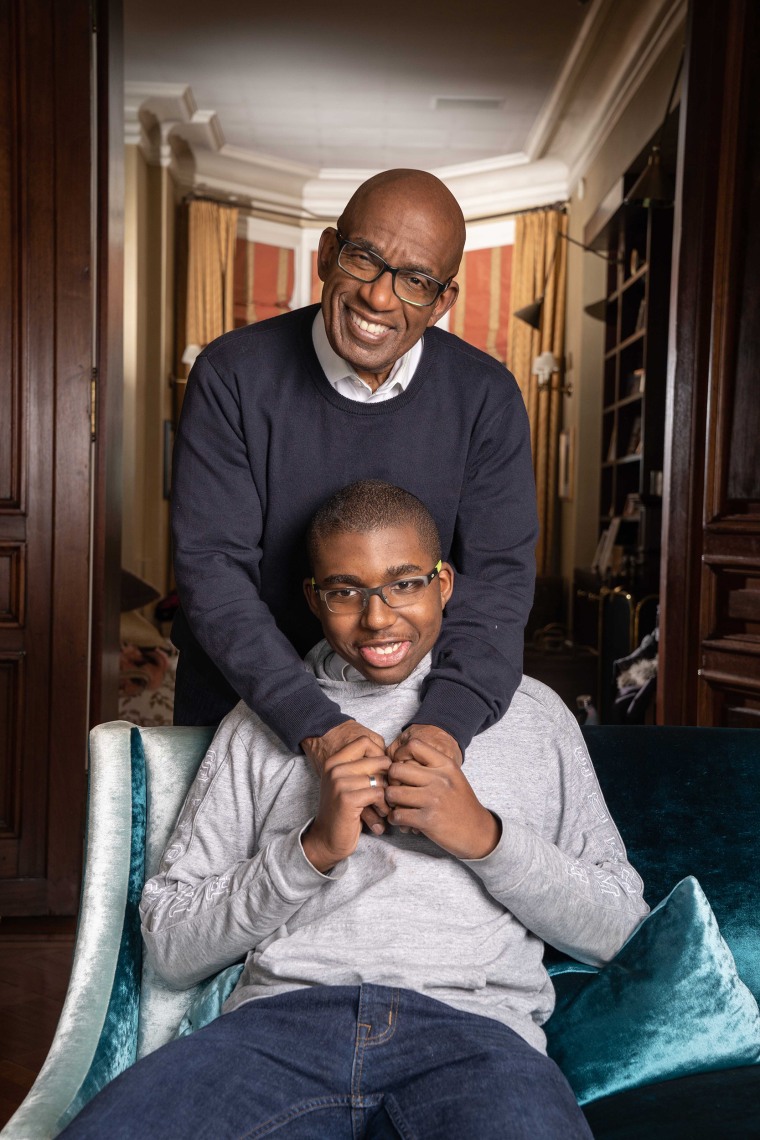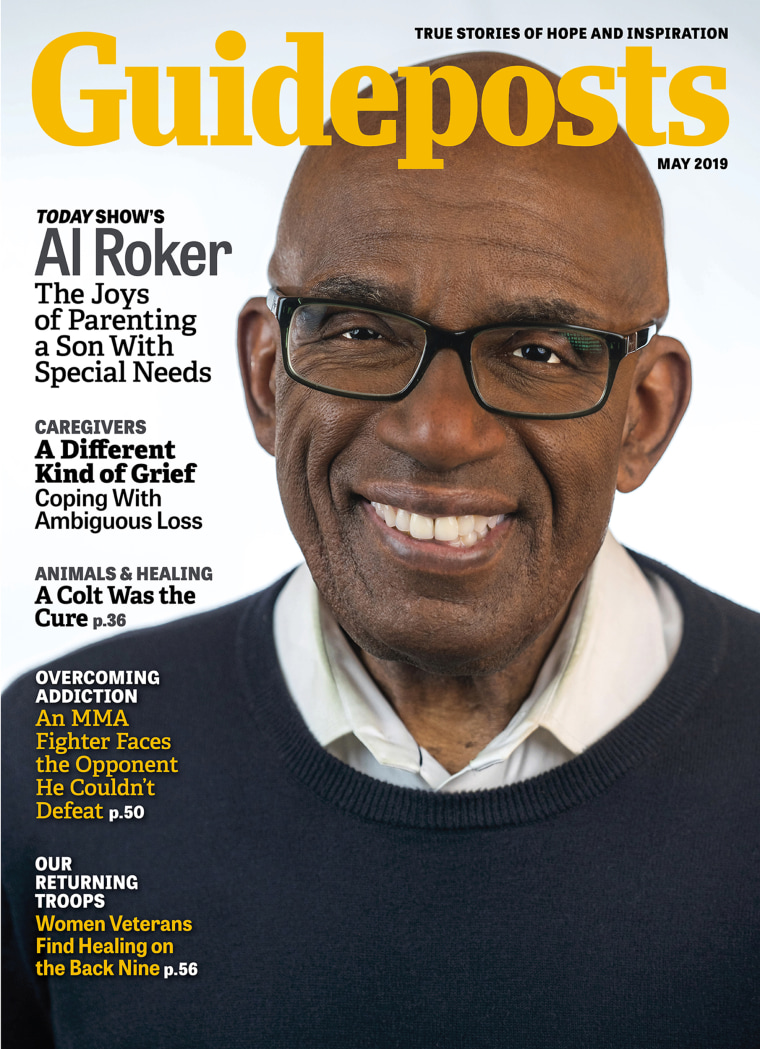Al Roker has long been admired for his career in broadcasting, but few know the personal struggles he faced as a father to a son with special needs. In interviews, Al has shared candidly about the challenging years caring for his young son, Nick, when he was diagnosed with developmental difficulties. Those early years were filled with worry, sleepless nights, and moments of self-doubt. Al often questioned whether he was doing enough for Nick and, at times, even wondered if his son would ever reach milestones other children took for granted. These were moments that tested his patience and resilience, pushing him to the edge of despair, yet also strengthening his resolve to find solutions that would help Nick thrive.

The turning point in Nick’s journey came from an unexpected and unconventional source: Taekwondo. Al initially enrolled Nick in martial arts classes not just for fitness, but as a form of physical therapy. No one anticipated that Taekwondo—typically associated with discipline, kicks, and sparring—could become the transformative tool that would unlock Nick’s potential. The rigorous exercises, repetitive movements, and emphasis on balance and coordination provided a structure that conventional therapy sessions had struggled to achieve. It wasn’t just about teaching him to perform kicks or blocks; it was about helping Nick gain control over his body, improve his focus, and build confidence in ways that traditional therapies had failed to do.
From the very first classes, the results were remarkable. Nick, once hesitant and withdrawn, began showing signs of increased strength, coordination, and self-assurance. The repetitive drills helped improve his motor skills, while the meditative aspects of Taekwondo—such as bowing, controlled breathing, and focused stances—taught him patience and discipline. More than that, each small victory in the dojo translated to newfound confidence outside of it. Tasks that had once been overwhelming for Nick—walking steadily, climbing stairs, or performing daily routines—suddenly became achievable. His progress amazed both instructors and family alike, and it was clear that this unusual approach was creating a foundation for long-term growth.

For Al, seeing these improvements was profoundly moving. The doubts and fears of his early years gradually gave way to hope and pride. He realized that perseverance, combined with an open mind to unconventional methods, could truly make a difference. In interviews, Al often reflects on the importance of trusting the process, staying patient, and embracing creative solutions. “I never imagined that a martial arts class could be the therapy Nick needed,” he has said. “But it worked, and I’ve never regretted that decision for a single moment.”
Beyond the physical benefits, Taekwondo also instilled social skills and emotional resilience in Nick. Being part of a dojo meant interacting with peers, listening to instructors, and learning the value of teamwork and respect. These lessons, though subtle, had a profound impact on Nick’s personality and confidence. Today, he is not only physically capable but emotionally strong and socially aware—an inspiring testament to what can happen when innovation meets dedication.
Al Roker’s journey with Nick serves as a powerful reminder to parents, educators, and caregivers that sometimes the most unexpected methods can yield the most extraordinary results. It is a story of perseverance, trust, and the willingness to explore uncharted paths for the well-being of a loved one. Through martial arts, Nick not only overcame many of the obstacles associated with his condition but also unlocked his full potential, giving his family a renewed sense of hope and pride. In a world where conventional therapies often dominate, this story challenges us to think differently and embrace creative solutions that can transform lives in ways we never imagined.
View this post on Instagram



